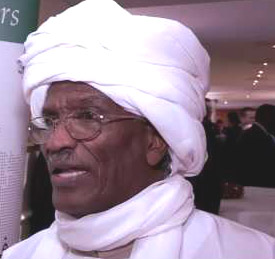
What is the legal position, where initially it is perfect to carry out the contract, and then a sudden change occurs making it impossible to perform the contract? COVID – 19, as example.
Earlier, the rule was that the parties were under an absolute duty to perform contractual obligations. A person was not excused simply because outside events had made performance impossible. However, starting with the case of Taylor, the Courts recognized an exception to the rule about absolute contracts under the “Doctrine of Frustration”, if further performance is prevented because of events beyond the control of the parties, contract is terminated, and parties discharged.
This doctrine will apply in certain circumstances including physical impossibility. As something necessary to performance ceases to be available. The plaintiff hired the Music Hall for concerts. After the agreement and before performance, the Hall was destroyed by fire. It was held, contract discharged, and parties released from their obligations. Also, when foundation of the contract destroyed due to the illness of the King, where a room was rented to overlook the coronation procession. It would have been possible to use the room, but the main purpose of the contract had been destroyed. Court of Appeal held that the contract had been frustrated. Also, frustration, in supervening illegality cases, due to changes in the law or in circumstances making performance of contract illegal. Frustration will not apply, if the parties have foreseen the likelihood of such an event occurring and have made express provision for it in the contract. And, where one of the parties is responsible for the frustrating event.
At common law, a frustrating event has the effect of bringing the contract to an immediate end. The rights and liabilities of the parties are frozen now of frustration. The rule was that money payable before frustration remained payable and money paid before frustration could not be recovered. Any money which did not become payable until after frustration ceased to be payable. The harsh consequences of this rule were modified by Statute wherein, the Court may in its discretion allow the payee to recover or retain all or part of the sums to cover any expenses incurred. A party who has carried out acts or part performance can recover compensation for any valuable benefit conferred on the other party. Basically, Court discretion shall be taken to retain justice.
